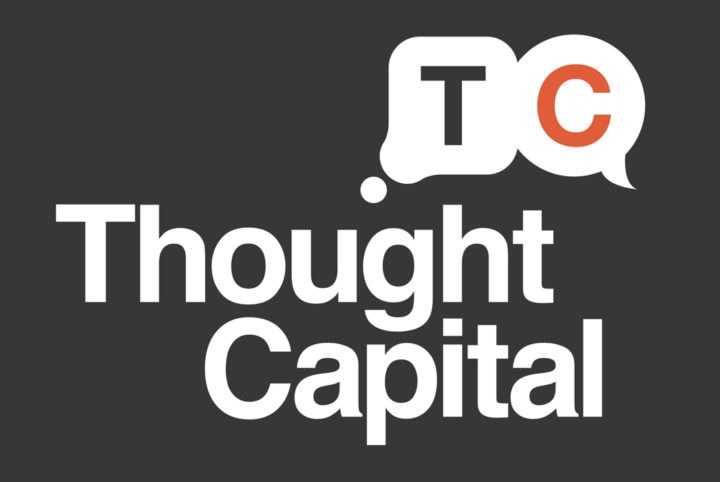
We trust auditors to tell us whether a company is being truthful about its profit, losses, or solvency. Yet how sceptical of these claims are the auditors themselves?
Providing the checks and balances between a company and its investors, auditors walk a fine line between the need to maintain their adherence to accounting standards with their clients’ desire to maximize profits. But do they simply comply with what the company tells them or have they have got the skill and determination to ask the tough questions?
A new research project led by Monash Business School’s Head of Accounting, Professor Carla Wilkin, is set to determine whether auditors have the right amount of professional scepticism. To do this, auditors may be fitted with eye goggles while reading audit case studies, to determine what areas of the accounts they question and whether they focus on the right information.
Dramatic improvement needed
Last year the outgoing chairman of the Australian Securities and Investments Commission Greg Medcraft warned that Australia may soon face an ‘Enron-style’ corporate collapse. He says that the big four accounting firms need a dramatic improvement in their audit standards.
Professor Wilkin agrees professional scepticism is an important skill in an auditor. But she says it is a balancing act.
“Too much scepticism can lead to poor time management and a cost blow-out but not enough questioning of the accounts is definitely a bad thing,” she says.
Previous research has focused on the self-reported analysis of auditors answering surveys after an audit. Professor Wilkin’s work will use Monash Business School’s Behavioural Laboratory technology to measure physiological responses associated with sceptical judgement as auditors read through cases and assess risks based on the information provided.
“We want to challenge the previous research,” says Professor Wilkin. “Instead of relying solely on self-reported surveys we will overlay it with neurocognitive data.”
The research will be based on questionnaires and cases while participants’ physiological responses are measured through their pupils and sweat glands and what information their eyes focus on when processing information provided on the computer screen.
The project will be carried out in conjunction with Monash Business School’s Dr Kristian Rotaru and Professor Efrim Boritz from the University of Waterloo, in Canada.
Eye tracking
A pilot study has already been conducted with 120 accounting students with the intention of extending the study to auditors in the Big Four accounting firms in Canada mid next year. It will investigate what neurocognitive skills are associated with professional scepticism demonstrated by auditors.
“Using eye tracking while they read the case study means we can see whether they looked at all the information or bypassed some of it to make a decision,” says Dr Rotaru.
“By analysing auditors’ gaze fixations, we can see whether they considered the context-specific information when making a decision. We also measure the change in their pupil dilation which allows us to infer the level of cognitive effort demonstrated by the auditors while processing information presented to them on the screen. We also measure auditors’ electrodermal activity (sweat levels) to gauge the change in their cognitive arousal while performing risk assessment tasks.”
The auditors in Canada will wear portable eye-tracking glasses for half an hour while they read a standardised test and will have to make a judgement around the level of fraud risk within the case. The glasses will be able to measure what information triggers their attention in the case study and how they respond to it.
“We are hoping to find the set of high-order neurocognitive skills which are associated with professional scepticism,” he says. “Specifically, we consider a range of skills that are known to be responsible for social cognition, self-inhibition, planning and strategising.”
The mindset of professional scepticism
The Australian Auditing Standards say that auditors must have “professional scepticism”, but defines this in terms of a mindset – “an attitude that includes a questioning mind, being alert to conditions which may indicate possible misstatement due to error or fraud, and a critical assessment of audit evidence.”
“The current complexity of companies means that auditors need to adopt an inquisitive mind while performing their day-to-day activities,” says Professor Wilkin.


